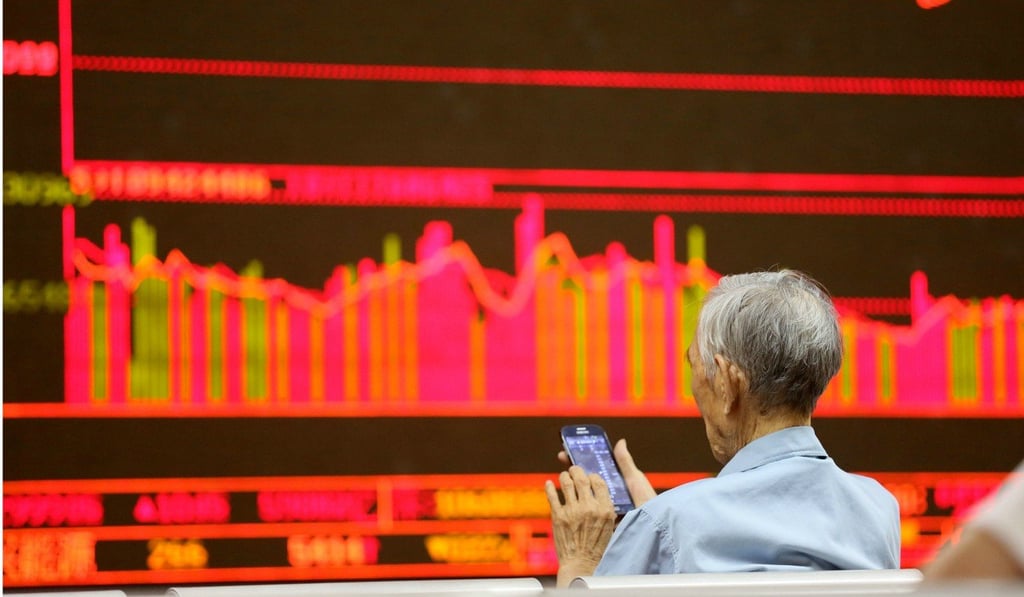Can a ‘super regulator’ rein in business excesses in China?
Faced with abuses and a lack of discipline in the financial sector, especially in the wealth management industry, Guo Shuqing is well-suited to take on a rumoured new role atop the regulatory bureaucracies

Since his arrival at the head of the China Banking Regulatory Commission (CBRC), Guo Shuqing has issued a flurry of directives to rein in some of the excesses of the banking sector. The most prominent target is the US$4 trillion wealth management product industry.
Bringing discipline to this sector is long overdue. For years commentators have been flagging this as a real danger to the banking sector and the economy.
Ironically this sector is really the cutting edge of financial reform in China. The wealth management sector has allowed many companies to tap into credit they otherwise would not have received, and allowed Chinese savers to get a half-decent return on their money after years of financial repression from Beijing. But those benefits can’t mitigate the risks inherent in the products.

Guo will likely become an evermore prominent figure in Chinese regulatory circles in the coming years. Well respected within the industry, with a broad range of experience at the state-owned enterprise, provincial and regulatory levels, he is the ideal person to lead reform in the financial sector. His return as head of the banking regulator places him in prime position to become the top financial regulator if and when a rumoured “super regulator” is established.
Why China’s mixing of regulation and politics is a recipe for financial disaster
Wealth management products and much of the innovation within the financial sector has been the result of regulatory arbitrage, as products often don’t neatly fall under one regulator or another. With securities, banking and insurance industries all under different regulators and with local government promoting trading platforms and financial exchanges to drive development, a slew of problems have started to appear. Some are run-of-the-mill fraudsters and snake oil salesmen; others more systemic, as with the web of leverage created in the corporate sector by the boom in wealth management products.